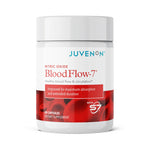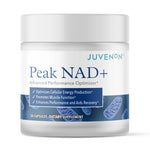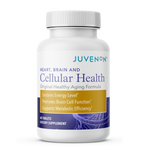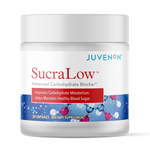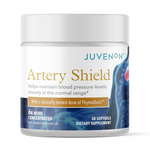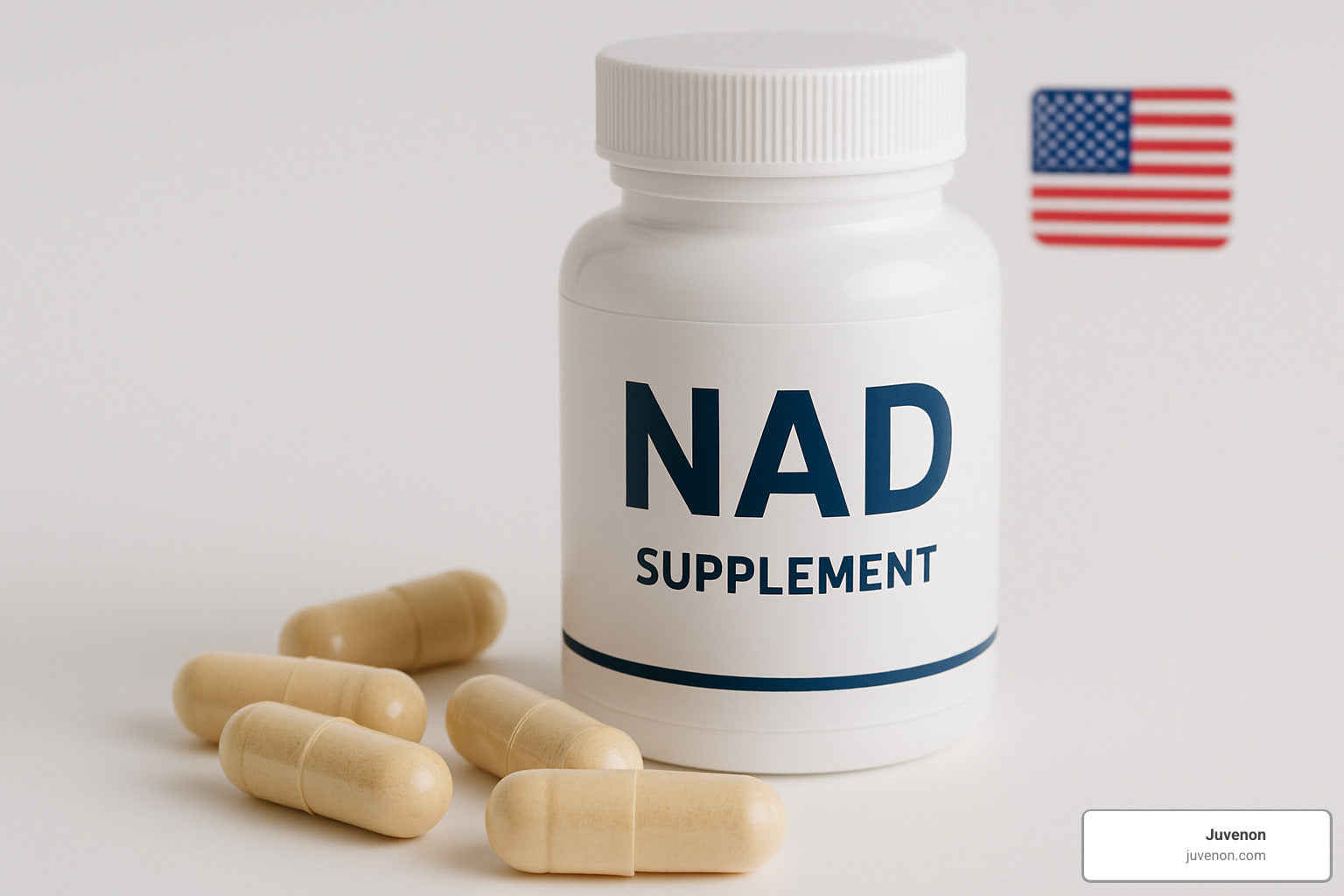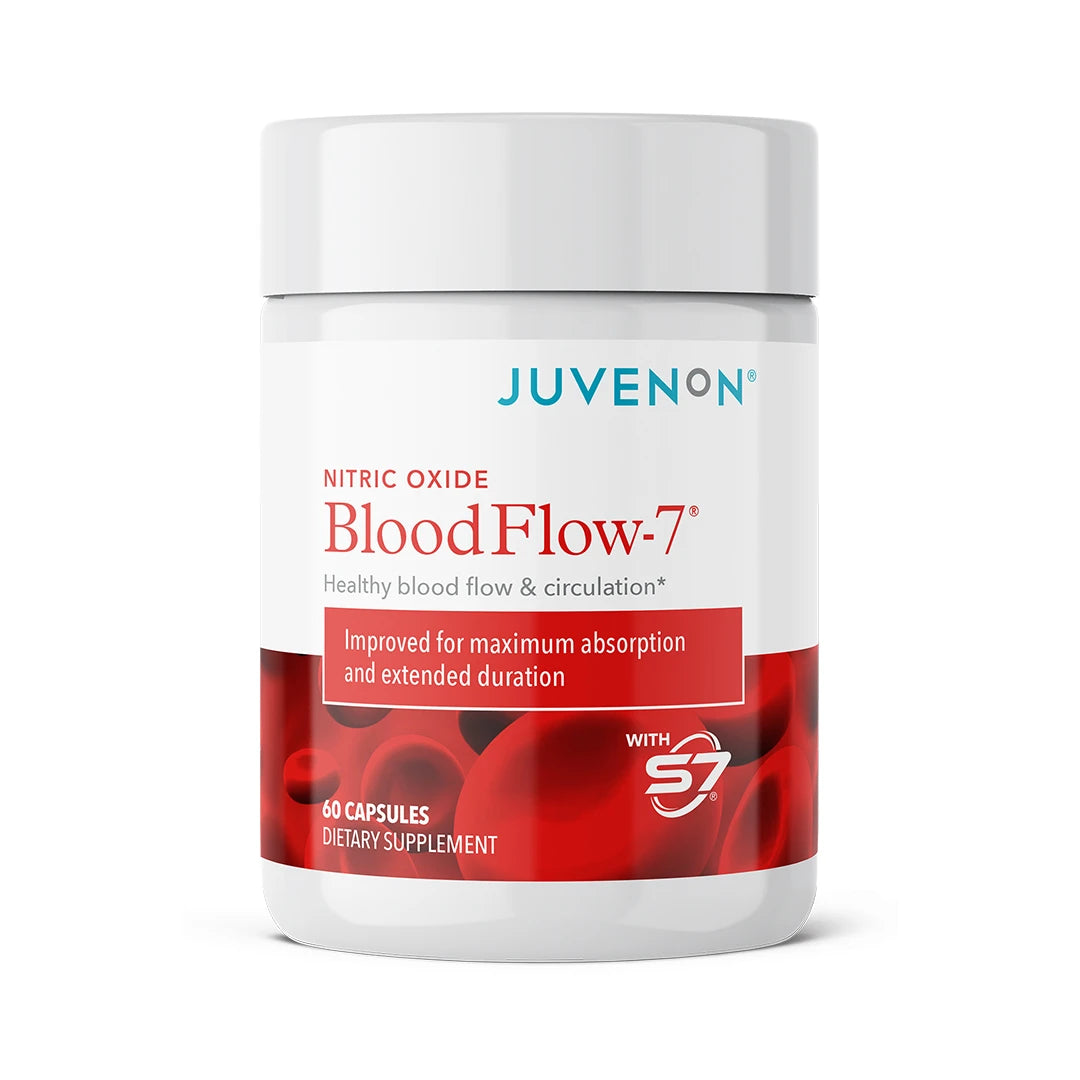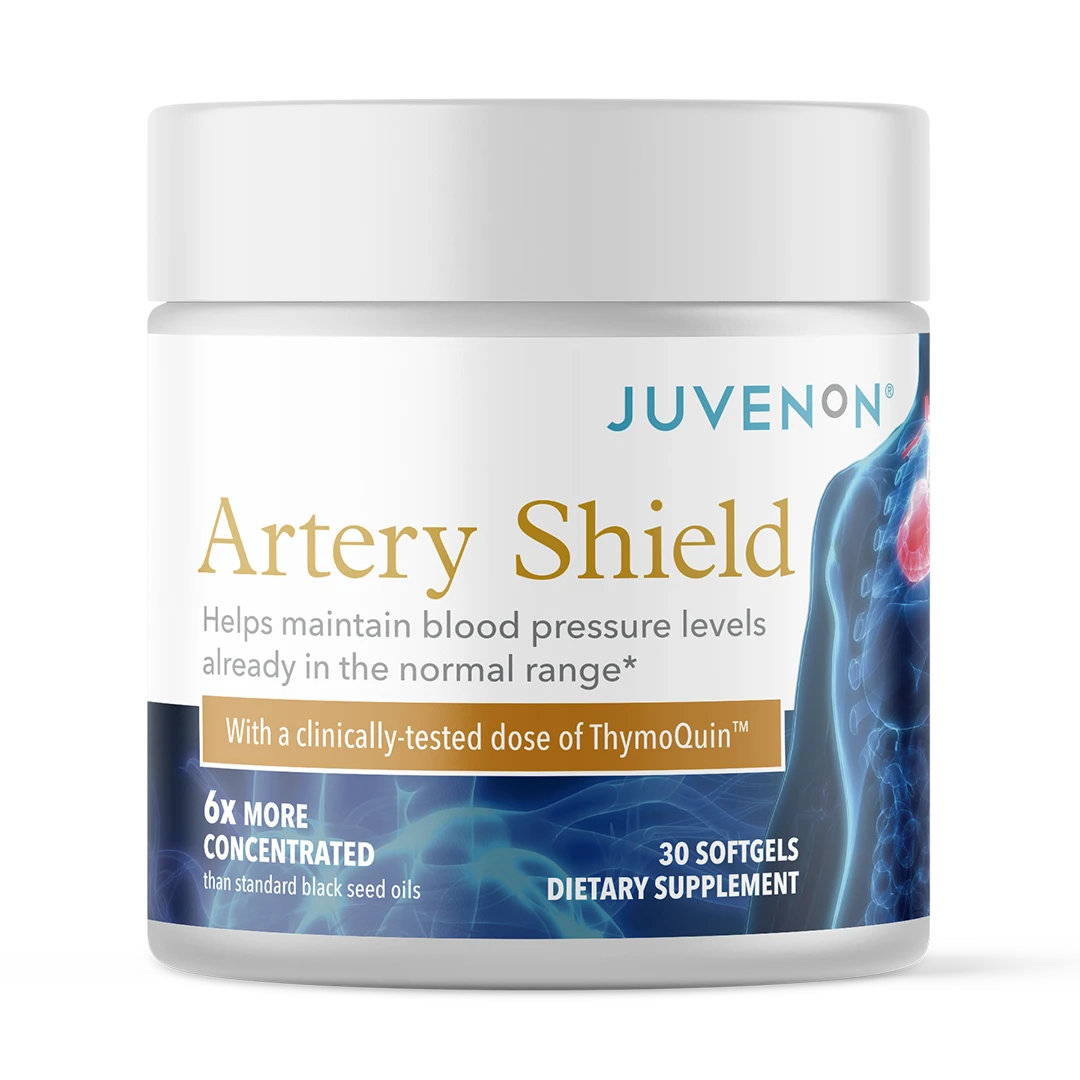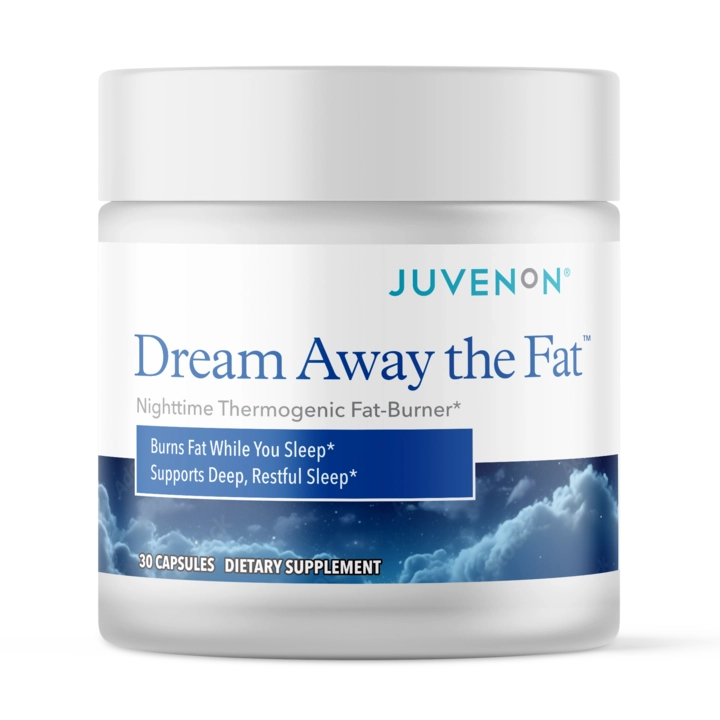
These supplements to lower blood pressure could help you manage your heart health. Ask your doctor about them at your next visit.
1. Vitamin D
Vitamin D isn’t a vitamin, it’s actually a prohormone. Strictly speaking, vitamins are nutrients that our bodies can’t make.
So, we normally rely on our diet and supplements to get these important nutrients. While there are food sources for Vitamin D, our bodies can also produce it whenever we soak up some sun.
However, studies show a vitamin D deficiency can happen for a variety of reasons, which is why a vitamin D supplement may come in handy. Apart from promoting bone health, vitamin D may play a role in cardiovascular health.
One study shows women who are vitamin D deficient are at a greater risk for developing hypertension. In another study, adult participants who took on a vitamin D regimen for at least 5 weeks had slightly lower diastolic blood pressure by the end of the study.
2. Folic Acid
Folic acid is actually a form of B vitamin. It helps the body make new red blood cells that deliver oxygen to different parts of the body.
Folic acid supplements are usually prescribed for pregnant women because they play an important role in the development of the fetus. One study also found that it may protect pregnant women from developing preeclampsia.
One of the main symptoms of preeclampsia is high blood pressure. In a sample of over 3,000 women, researchers found women who took folic acid were less likely to develop gestational hypertension and preeclampsia, conditions dangerous to both mother and baby.
They also found that the risk of these conditions decreased when women took the supplement for longer periods. A series of studies show that taking folic acid for at least six weeks can lead to lower systolic blood pressure among men and non-pregnant women.
3. Polyphenols
Polyphenol is a category of plant-based chemicals. Apart from being rich in antioxidants, studies show increasing polyphenol intake is associated with lower risks for cardiovascular diseases.
Specifically, studies show that two polyphenols have positive effects on blood pressure:
- Resveratrol
- Theaflavins
One clinical trial shows when a resveratrol supplement is added to a standard antihypertensive treatment, it helps to reduce the participants’ blood pressure to normal levels. Another study shows grape seed extract, a rich source of resveratrol, can lower both systolic and diastolic blood pressure.
On the other hand, black tea is a rich source of theaflavins. One study found lower cholesterol, systolic blood pressure, and diastolic blood pressure in participants who drank black tea for six months.
4. Quercetin
Quercetin is an antioxidant naturally found in apples, onions, and berries. One study tested the effects of quercetin supplement on men and women with borderline hypertension and hypertension.
Participants were given 730 mg of quercetin each day for 28 days. Quercetin didn’t have an effect on the blood pressure of borderline hypertensive participants, but it did lower the diastolic and systolic blood pressure of participants who were already hypertensive.
So if you’re looking for supplements to lower high blood pressure, try one that lists quercetin as an ingredient.
5. N-Acetyl Cysteine
N-acetyl cysteine (NAC) are antioxidant building blocks. They’re naturally found in fruits and vegetables, but they’re also available in supplement form.
Studies show NAC has antihypertensive effects on rats and humans. Here are some promising results from rat experiments:
- Lower systolic blood pressure in spontaneously hypertensive rats after two weeks of NAC supplements.
- Prevention of systolic blood pressure increase in rats with high-sugar diets after 11 weeks of NAC supplements.
In humans, one study shows adding NAC supplements to standard hypertension treatments led to lower diastolic and systolic blood pressure. Another study done with participants who smoked led to similar results.
6. Vitamin B12
Vitamin B12 helps create red blood cells and can help prevent anemia. On top of that, it also helps regulate homocysteine levels in your blood.
Homocysteine is an amino acid you get from eating meat. Studies show that high levels of homocysteine increase your risk of cardiovascular disease.
One study shows the effects of B12, folic acid, and B6 on preschool children’s blood pressure. The results show folic acid can lower systolic blood pressure, while taking Vitamin B12 can lower both systolic and diastolic blood pressure.
7. Catechins
Catechins are flavonols. Flavonols promote better blood circulation and help keep blood vessels healthy.
Green tea is a rich source of catechins. There are many studies that show how green tea can help improve cardiovascular health.
Several studies show green tea can improve systolic and diastolic blood pressure among hypertensive participants.
8. Blueberry Extract
Unlike the other supplements, blueberry extract doesn’t have a direct impact on blood pressure. However, it may promote cardiovascular health in other ways.
Specifically, one study shows participants who drank two blueberry smoothies twice a day for six weeks had better endothelial functioning compared to the participants who did not drink the smoothies.
Endothelial functioning refers to the overall state of the body’s endothelium cells, which make up the innermost layer of blood vessels.
These cells help regulate the narrowing and widening of blood vessels which, in turn, have a direct impact on blood pressure. In fact, studies show endothelial dysfunction can contribute to hypertension.
9. Coenzyme Q10 (CoQ10)
CoQ10 is an antioxidant. It helps cells produce energy.
Studies show that CoQ10 can also lower blood pressure in hypertensive patients. A review of several studies shows that it can lower diastolic blood pressure up to 10 mm Hg and systolic blood pressure by 17 mm Hg.
What is diastolic blood pressure? This refers to the pressure against the artery walls between heartbeats. Diastolic blood pressure above 80 mm Hg is high.
What is systolic blood pressure? This refers to the pressure against the artery walls during a heartbeat. Systolic blood pressure above 130 mm Hg is high.
In these same studies, there were no significant side effects found among the participants of the treatment groups. So if you’re looking for safe supplements to help lower blood pressure, try one formulated with CoQ10.
According to the Centers for Disease Control and Prevention, 1 in 3 adults in America suffers from high blood pressure. While you may be able to control lifestyle factors to prevent high blood pressure, there are also hereditary factors that may put you at risk for it.
Supplements may not be able to completely reverse high blood pressure, but there is strong evidence showing that they can help lower or protect you from it. If you’re interested in taking natural supplements to support your blood pressure, make sure you consult your doctor first, especially if you’re taking other medications.
Do you have high blood pressure? How do you lower it?


